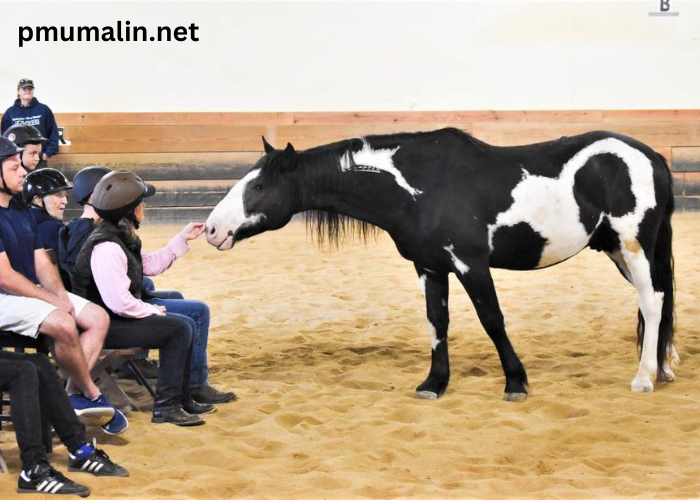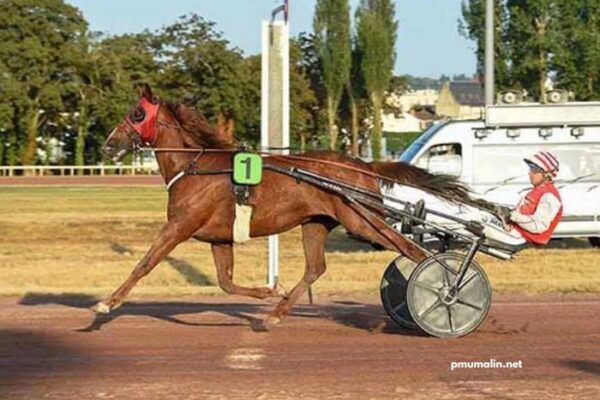Horses have played a pivotal role in human history, evolving from wild mustangs roaming the plains to elite athletes competing on the world’s grandest stages. Their journey is a testament to their versatility, strength, and enduring partnership with humans. This article delves into the fascinating evolution of horses, highlighting their transformation and contributions across various epochs. Discover the finest quality turf products at AbdellatifTurf. From lush green grass to durable turf solutions, find everything you need for your landscaping projects.
The Wild Beginnings
The story of horses begins millions of years ago, with their ancestors roaming the grasslands of North America. These early equines were smaller and more adapted to forest life. Over time, they evolved into the majestic mustangs known for their speed, endurance, and wild spirit. Mustangs, descendants of horses brought by Spanish explorers in the 16th century, symbolize freedom and the untamed beauty of nature. Their presence in the American West became a cornerstone of the region’s culture and heritage.
Domestication and Early Uses
The domestication of horses, which began around 4000 BCE in the steppes of Central Asia, marked a significant turning point. Early humans recognized the potential of these powerful creatures, initially using them for meat and milk. However, their role quickly expanded to transportation and labor. The ability to travel greater distances efficiently transformed human societies, facilitating trade, communication, and cultural exchange.
Horses soon became integral to warfare. Their speed and agility provided a strategic advantage, leading to the development of chariotry and cavalry units. The Hittites, Egyptians, and later, the Mongol Empire under Genghis Khan, exemplified the military prowess that horses could bring to an empire.
Horses in Agriculture and Industry
With the advent of agriculture, horses were further integrated into daily human life. They became indispensable for plowing fields, transporting goods, and powering machinery. The heavy horse breeds, like the Shire and Clydesdale, were developed for these purposes. Their strength and endurance revolutionized farming, enabling more efficient cultivation of land and boosting food production.
Horses in Culture and Sport
Throughout history, horses have also held a significant place in art, mythology, and sports. In ancient Greece, the horse was revered, evident in the creation of the Olympic Games, where equestrian events were a major highlight. The legacy of the horse in sports continued to grow, with activities such as polo, fox hunting, and horse racing becoming popular among the aristocracy.
The modern Olympics reintroduced equestrian events in 1912, showcasing the bond between rider and horse through disciplines like dressage, show jumping, and eventing. These events not only demonstrate the physical capabilities of horses but also the intricate training and deep connection required between horse and rider.
The Modern Era and Beyond
Today, horses are celebrated in various arenas, from sports to therapy. The advent of modern technology has reduced their role in agriculture and transportation, but their significance remains undiminished. In sports, horses continue to captivate audiences with their grace and power, whether in the thrilling races of the Kentucky Derby or the elegant performances in dressage arenas.
Moreover, horses play a therapeutic role, helping individuals with physical, emotional, and cognitive challenges through equine-assisted therapy. Their sensitivity and responsiveness make them ideal partners in fostering healing and growth.
Conclusion
The journey of horses from wild mustangs to Olympic champions is a testament to their adaptability and the profound bond they share with humans. Their contributions have shaped civilizations, influenced cultures, and continue to enrich lives in myriad ways. As we celebrate their legacy, it is essential to honor and protect these magnificent creatures, ensuring that their journey continues to inspire future generations.







